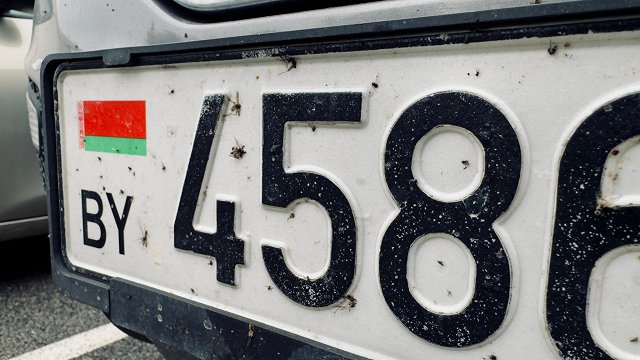This year, the National Electronic Mass Media Council (NEPLP) banned a total of 132 television TV programs, most of which due to threatening content to the state. Numerous websites have also been blocked.
NEPLP Vice-President Aurēlija Ieva Druviete said: "These are weapons during an informational war aimed at injuring Latvian democracy and allowing it to bleed. So NEPLP is fighting it. Over the year, a total of 132 TV channels were banned, of which 112 were closed in connection with the dissemination of content threatening national security.
"If the channel is banned due to content breaches, as we have seven channels, then the ban period is 1-5 years. But if the channel is banned to sanctions imposed, its programs in Latvia are limited as long as those sanctions are not lifted. Thirdly, if the channel is limited due to the fact that the country of jurisdiction or the country where the channel is being formed undermines the territorial integrity of another country, such as Russia at the moment, these channels cannot return to Latvia until Ukraine is again a united country and Crimea and other occupied territories are not returned to Ukraine."
NEPLP has also closed 122 websites and new decisions are expected.
Since the beginning of the Ukraine war, the State Police has increased its focus on monitoring users of illegal content. Between January and September, police launched 28 cases of administrative misconduct on the use of illegal systems. 292 illegal systems were removed in criminal proceedings. Five criminal proceedings have been launched, said the representative of State Police's Office for the Prevention of Economic Crimes, Vitālijs Polovinskis.
“At present, the State Police may administratively punish users using equipment, mainly coming from Russia, who watch television channels from the banned list. Of course we're trying to fight it. I think it is successful. At the moment, it [the use of illegal systems] is not as simple, as it was five years ago,” Polovinskis said.
The police do not organize special control raids. It has been observed that such services are mainly used by residents of private houses, and this is the case throughout the country.
The survey also shows that citizens' interest in illegal content is dwindling. NEPLP, in cooperation with “Latvijas Fakti”, conducted a study this summer on media usage habits and also on changes following the closure of TV channels.
NEPLP spokeswoman Druviete commented: “In total, only 8% of the population who have used these channels in the past and 14% of the minority population have tried to look for ways to continue using these blocked Russian media, including via both VPN and YouTube and satellite and Internet television services. A year ago, a study showed that there was a general tendency in Latvia to use illegal digital content. At the time, the results of the study showed that a fifth, or 20%, uses illegal content."
Amendments are currently being made to the law, which intends to extend the right of NEPLP to monitor illegal content – films, series, digital books, and other resources.
































